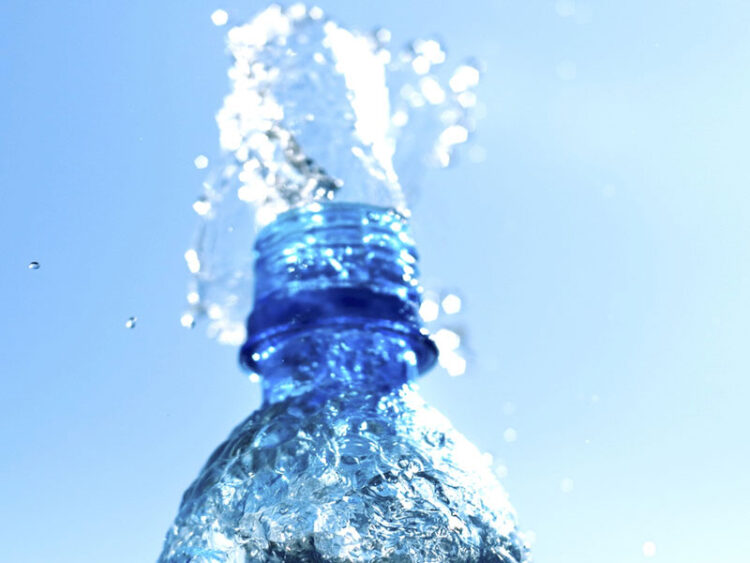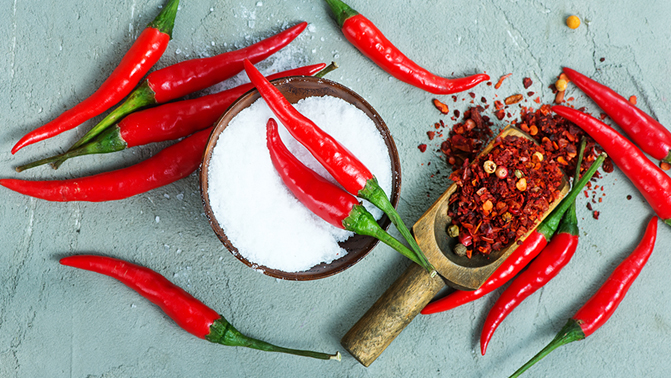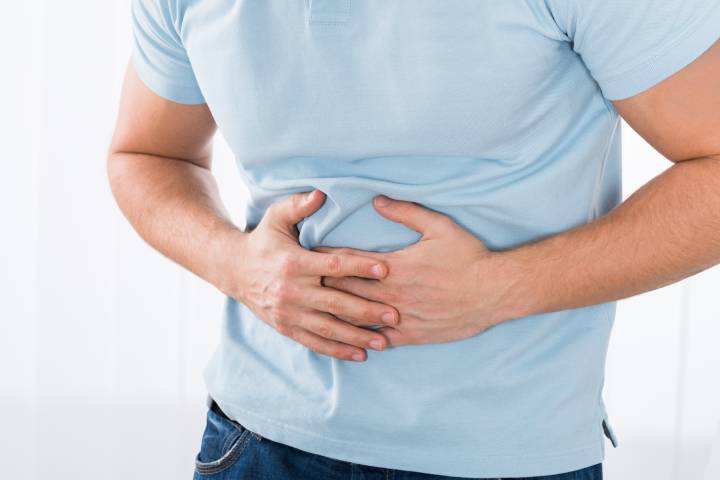There are various ways you can fast. You can do intermittent, water, or fruit fasting. Among all these, intermittent is the most common one. It involves avoiding or restricting your food consumption for a specific period. Intermittent fasting has a wide range of health benefits. The benefits include boosting the immune system, promoting blood sugar level, enhancing metabolism, and so much more.
Even though fasting is ideal for your health, it can be harmful if not done correctly. This article gives you some of the tips that can help you do it safely.
1. Talk to your Doctor

The first thing you should do before you start your fast is to talk to your doctor. You want to ensure that your body is in good shape for this activity. If you have a health condition, you shouldn’t fast, or you can only do it under the supervision of your doctor. By notifying your doctor that you want to fast, you will be able to get his or her opinion and a good understanding of the impacts of the fast on your body.
2. Eat whole food abundantly on non-fasting days
Before you start your fast, you want to make sure that you build up your carbohydrate storage so that your body has adequate energy to take you through your fasting period. Before you start doing it, you should have a wholesome, whole-grain breakfast, such as oatmeal with nuts and fruits.
It may be tempting to overeat in an attempt to avoid getting hungry, but feeling over-full can make you feel uncomfortable. Additionally, overeating can increase your blood sugar, and the body will respond by pumping out insulin to stabilize it, hence making you feel hungry all over again. Eat foods that are rich in fiber, healthy fat [olive oil and plant proteins such as beans or lentils], and quality carbohydrates. These foods will provide you with energy that will sustain you throughout the fast.
3. Eat small amount on your fast days

Basically, fasting involves removing some or all food and drinks for a certain period. While you can remove food on fast days, there are patterns that allow you to consume up to 25% of your calorie requirements per day. If you want to do this, try and restrict your calories so that you eat small amounts on fast days. This is a safer option than doing a full blast. This approach can help reduce some of the risks that are linked to fasting, such as nausea, hunger, etc. It can also make fasting more sustainable because you won’t feel frequent hunger.
4. Avoid fasting for longer periods
There’s no specific way to fast; you can choose the duration that suits you. The common patterns include:
The 5:2 Pattern: this pattern restricts your calorie consumption for two days a week.
The 6:1 Pattern: it is almost the same to 5:2, but you only consume calories for one day.
The 16:8 Pattern: In this pattern, you only eat within the eight-hour period and fast for the remaining 16 hours throughout the week. You can read more about it https://dofasting.com/
Majority of these patterns last between 8-24 hours. However, there are people who may decide to do it much longer than 24 hours and go for up to 48 or 72 hours. If you undertake extended fast periods, you may increase problems that are related to this activity. These problems include irritability, dehydration, hunger, mood changing, loss of energy, fainting, etc. The only way to prevent these problems is to choose short durations [24 hours and below].
5. Stay hydrated

Dehydration can lead to headaches, fatigue, thirst, and dry mouth, so it is essential to stay hydrated when fasting. Health experts recommend eight glasses a day. However, the amount of water one needs vary from one person to another. Since you get a significant percentage of the fluid from food, it becomes quite easy to become dehydrated when fasting. So ensure that you drink water whenever you feel thirsty.
6. Avoid caffeine
Caffeine withdrawal is one of the significant problems behind fasting discomfort, especially nausea and headaches. If you are a coffee lover, or you drink a lot of soda, or caffeinated energy drinks, it is advisable to reduce your consumption a week before you start fasting to avoid the headaches that come with caffeine withdrawal. To make it easier, you can start with half-cup of coffee or switch to black tea. Then you can switch to green tea, which has a smaller amount of caffeine. More about caffeine comparisons, you can check on Vivarin.
7. Avoid spicy and salty foods

Spicy and salty foods can make you thirstier while fasting even if you drink water. Some of the salty foods include pretzels, crackers, chips, olives, etc. Additionally, you should also avoid anything that will react negatively to your body, such as dairy products if you are lactose intolerant. Remember to stick to simple foods.
8. Don’t break your fast with a feast
You might be tempted to eat a huge meal after your fast. But breaking your fast with a huge meal can make you feel tired and bloated. Besides, if you are doing this to lose weight, eating huge meals can affect your long-term objectives. It is advisable to break your fast by continuing with your usual food intake.
9. Stop fasting if you become sick

It is normal to feel a bit tired, irritable, and hungry when fasting, but when you feel sick, you should stop fasting straight away. To stay safe, especially if you’re fasting for the first time, you should limit it to the short period [less than 24 hours] or keep a snack around, in case you start to feel unwell.
10. Consider supplements
If you regularly fast, you may miss out on crucial nutrients. That’s because eating fewer calories regularly can make it harder to meet the amount of nutrients your body needs. And so, if you regularly fast, you should consider taking supplements to help prevent deficiencies and also for your peace of mind.
 Hi Boox Popular Magazine 2024
Hi Boox Popular Magazine 2024



